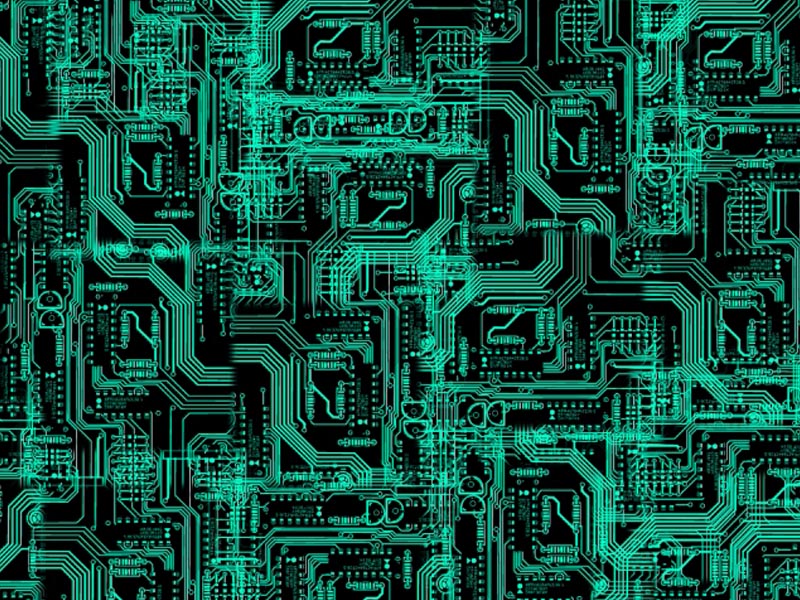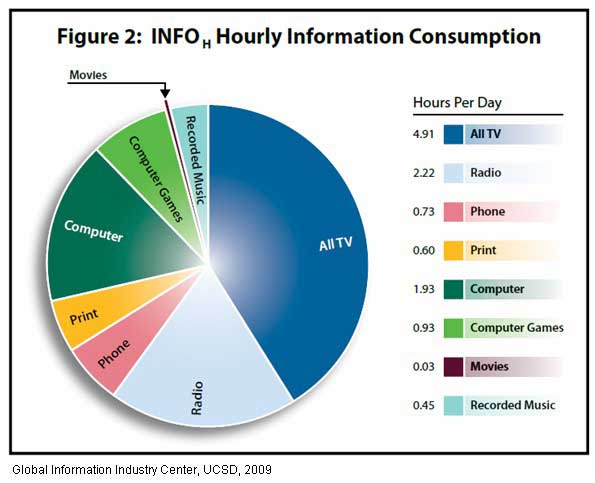 |
| Still Growing |
What Does Technology Serve?
Generally speaking, research and technology has the potential to serve between two extremes of progressing towards a utopian society as well as nefarious purposes that is detrimental to the existence of mankind’s health and environment. This phenomenon is known as “duel use technology” (Pustovit, Williams). The development of technology is dependent on the intentionality and moral values of those that create and support its creation, creating multiple dualistic conflicts such as natural and artificial, life and death, and development and stagnation/destruction. The term of dual use technology was first used with the association of military technology, which can be used for protection as well as destruction.
 |
| Guns: Good or Bad? Depends |
Duelies
Duel use technology can be approached in a pragmatic perspective and a metaphysical perspective. In a pragmatic perspective, the technology we created served whatever purpose they were created for. Under a metaphysical perspective of technology which deals with human nature and social relations, the use of technology begs the question, “At what cost?” In the dualistic conflicts of technology, this includes civilization leaning towards an artificial reality, stagnation of civilization, international opposition and war, or in other words, the degradation of mankind.
Technology can be looked at as a poison and with all poison, what is crucial is its dose. John Naisbitt describes the symptoms of poisoning by high technologies as a worship of technology; the absence of distinctions between reality and fantasy; the acceptance of violence as a normal part of life; alienation as a characteristic of human life (Pustovit). Technology here is no longer a means of advancing civilization but is now a toy. He also attributes “internet poisoning” to lack of decision making, reflection, infantilism and alienation.
So...Why Not?
Let's Try This Again
So...Why Not?
 | |
| Learning to Forget |
Studies have shown many detrimental effects of the use of technology on our mental capabilities. Many of these symptoms are the cause of the disease that is adopting a virtual lifestyle. The average person spends about 68 hours a month on the internet and some experts believes this leads to impatient, impulsive, forgetful, and narcissistic (Warren). Nicki Dowling, a clinical psychologist, questions the internet’s addictive qualities and its effects calling it“internet dependence” (Parker-Pope).
Nicholas Carr claims that the internet “speaks to the parts of our brain that are attracted to movement, visual imagery and novelty — primitive parts of the brain that do not lend themselves to deep thought and contemplation” (Greenblatt). Studies also show that multitasking, such as watching the television while speaking on the phone, diminishes the minds long term memory processes due to a constant exposure to new information. This leaves your mind in a constant state of activity allowing a minimal amount of time for digestion and retaining information also inducing mental fatigue.
The use of a phone for business purposes also causes stress rather than creating an organized less stressful outlet and compulsive sense of responsibility to stay connected (Richtell). Excessive internet usage can also lead to a deprivation of attention, as the polymath economist Herbert A. Simon explained in the most concise possible description of our modern struggle: “What information consumes is rather obvious: It consumes the attention of its recipients. Hence a wealth of information creates a poverty of attention, and a need to allocate that attention efficiently among the overabundance of information sources that might consume it” (Anderson). Carr also argues that computers are destroying human concentration calling it an “ecosystem of interruption technologies” making people crave constant new information making us into servants of our own gadgets.
 |
| Commensalism |
Technology has a dual identity of being a tool for the development of man as well as the degradation of civilization. The goal that is achieved is solely based on the intent of its user within the understanding of human nature as vulnerable, responsible and identifiable. All human intentions that concern the use of technologies need to be considered in the context of the human being as vulnerable and earthborn, coexisting with other living creatures in a common world and being responsible for saving and developing life. The constant rapid development of technology widens the gap between those who have access to it and those who do not acts as a divider of the people, shaping our environments and thus our individual understanding of life. The advance of technology has the capability of uniting mankind, developing the global human civilization rather than segregating under terms of “developed” or “undeveloped” nations. We as a people need to begin to take into consideration the whole population and step out of the virtual reality we are suffocating ourselves around. The deeper we indulge in the virtual lifestyle, the closer we get to the “Uncanny Valley” but instead of technology chillingly imitating humanity, it is us who have begun to live like robots of the modern age.
Works Cited
- Greenblatt, A. (2010, September 24). Impact of the internet on thinking. CQ Researcher, 20, 773-796. Retrieved November 1, 2010, from CQ Researcher Online, http://library.cqpress.com/cqresearcher/cqresrre2010092400.
- Richtell, M. (2010, August 24). Your brain on computers. The New York Times, Retrieved November 1, 2010,from http://www.nytimes.com/2010/08/25/technology/25brain.html
- Parker-Pope, T. (2010, June 6). An ugly toll of technology. The New York Times, Retrieved November 1, 2010, from http://www.nytimes.com/2010/06/07/technology/07brainside.html?src=me&ref=technology
- Lehrer, J. (2010, June 3). Our cluttered minds. The New York Times, Retrieved November 1, 2010, from http://www.nytimes.com/2010/06/06/books/review/Lehrer-t.html?_r=1
- Anderson, S. (2009, May 17). In defense of distraction. New York Magazine, Retrieved November 1, 2010 from http://nymag.com/news/features/56793/
- Anderson, J. Q., & Rainie, L. (2010). Does google make us stupid?. PewResearchCenter Publications, Retrieved November 4, 2010 from http://pewresearch.org/pubs/1499/google-does-it-make-us-stupid-experts-stakeholders-mostly-say-no
- Anderson, J., & Rainie, Lee. (2010). The future of social relations. Pew Internet & American Life Project, Retrieved November 4, 2010 from http://pewinternet.org/Reports/2010/The-future-of-social-relations/Overview.aspx
- Kang, C. (2010, July 6). The internet is redefining our relationships, reputations: pew study says. The Washington Post, Retrieved November 4, 2010 from http://voices.washingtonpost.com/posttech/2010/07/users_only_beginning_to_unders.html
- Pustovit, S. (2010). Philosophical aspects of dual use technologies. Science and engineering ethics, 16(1), Retrieved November 5, 2010 from http://www.springerlink.com/content/w48w717k0313481v/fulltext.html
- Brand, S. "Is Technology Moving Too Fast." Time (2000): 2. Web. 30 Nov 2010. <http://www.time.com/time/magazine/article/0,9171,997268,00.html>
- Warren, C. "Average Internet User Now Spends 68 Hours Per Month Online." Time (2009): 1. Web. 30 Nov 2010. <http://mashable.com/2009/10/14/net-usage-nielsen/>.



No comments:
Post a Comment